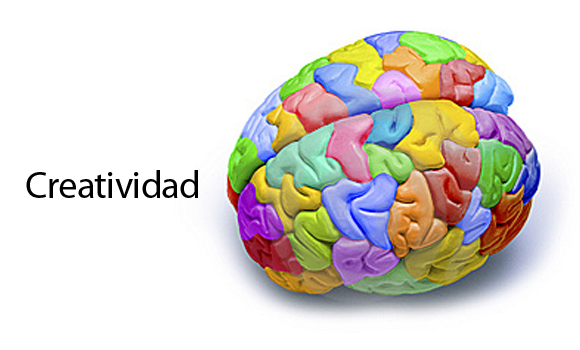Imagine that you are locked in a tower and you want to get out. No, better yet, imagine that someone is locked in a tower. With this visualization you are promoting your creative capacity: it turns out that we are more creative when we solve the problems of others than when we solve our own.

[Scroll down to see the VIDEO "Creative Advertising Example"]
Professor Evan Polman, from New York University and Professor Kyle emich, from the University of Ithaca, carried out a study to know, a little more, under what conditions our creativity increases.
To do this, they carried out a study in which they asked 137 university students to solve the following puzzle:
«A prisoner was trying to escape from a tower. He found a rope in his cell, the length of which was half the distance to reach the ground safely. He divided the rope in half, tied the two parts together, and escaped. As it did? »
[It may interest you: Working under pressure is bad for creativity]
The students were divided into two groups: the first group had to solve the puzzle imagining that they were themselves the prisoner. The other group had to find the solution imagining that the prisoner was someone else.
Which visualization worked best? From the first group (those who imagined being the prisoner), less than half (48%) of the participants solved the puzzle. However, in the second group, almost two thirds (66%) found the solution.
Polman and Emich found similar results in other related studies:
In one of them, the participants were asked to draw an alien on which, later, either themselves or someone else, would write a short story.
In another study, they asked participants to come up with gift ideas for themselves, someone close to them, or someone they barely knew.
As in the riddle of the tower, participants generated more creative ideas and better solutions, when they focused on someone else rather than themselves.
These results are not due to the "creative power of altruism", but rather reinforce the theory that when we think about the situations we find ourselves in, we tend to think in a more concrete way and it costs us more to generate new ideas. However, when we think about the situations in which others find themselves (especially situations far from our own reality), we tend to broaden our perspective and to generate more abstract ideas (more creative).
Lisa bodell, CEO of Futurethink Company, perform “idea generation” exercises following this theory of creativity: Asks the teams you work with to imagine a competitor who is in exactly the same situation as the organization in which they work, (that is, with the same strengths, weaknesses and with the same market conditions) .
The teams then make a list: on the one hand, with all the possible ways in which they could take advantage of the opportunities to improve the business and, on the other hand, with all the threats that could force the company to close its doors.
Bodell believes that Encouraging this shift in perspective generates better ideas than traditional exercises.
Bodell's idea generation “game” works creativity like the tower puzzle does: transform a real situation into an abstract one; thus facilitating the mind to generate more creative solutions.
Do you have a problem to solve and you don't know how to deal with it? Expand your perspective by imagining that it is someone else who has the problem ... You may find the solution sooner than you expected.
(If you are still locked in the tower and do not know how the prisoner managed to get out, here is the solution: He split the rope in half lengthwise, tied the two halves together and ran away).
If you liked this article, share it with your friends!